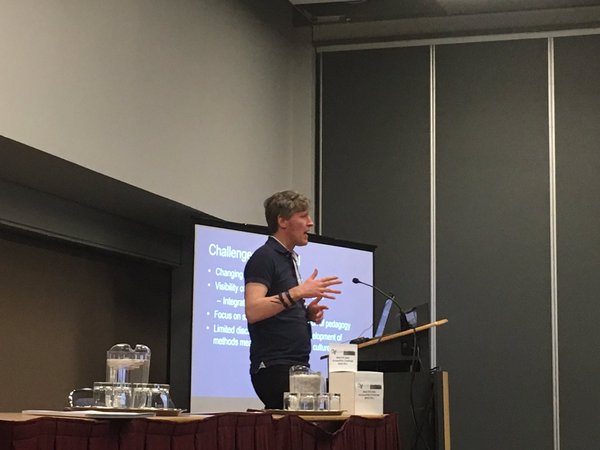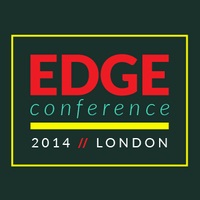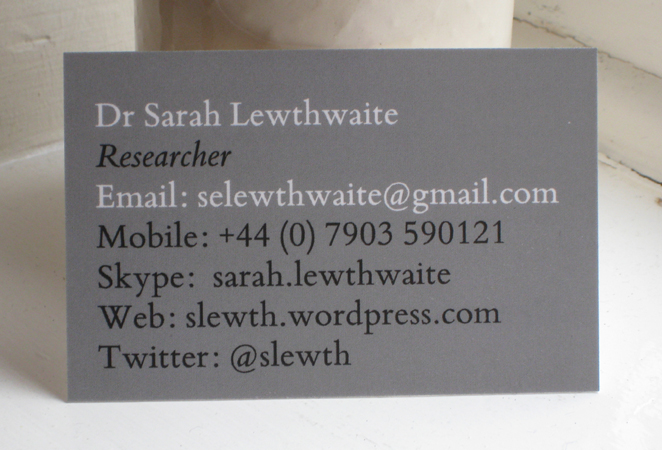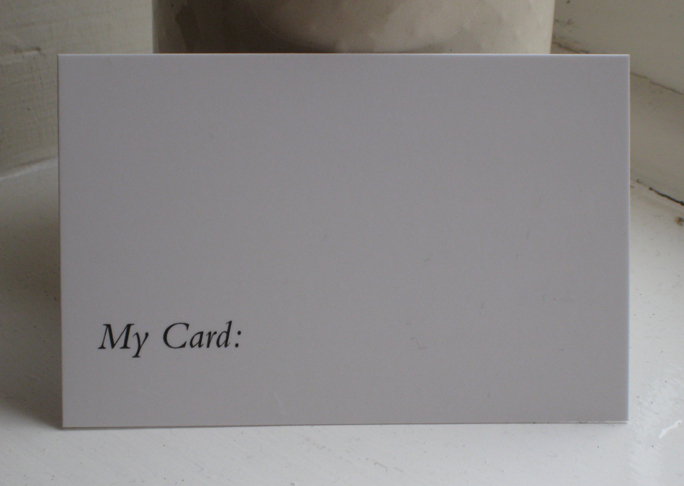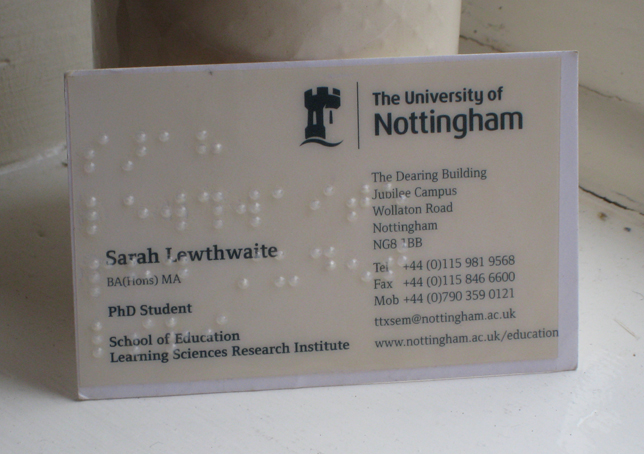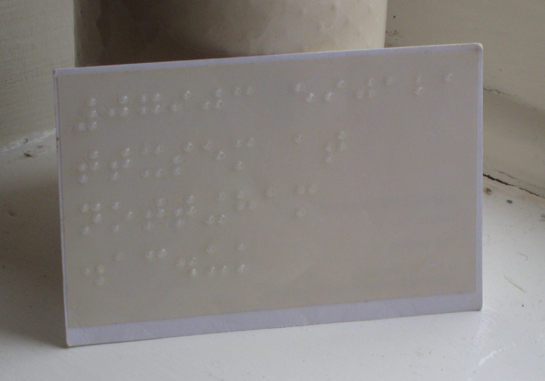EVENT: Introduction to Tools for Social Media Research
I’m delighted to be presenting on accessible digital methods as part of the Social Research Association/NSMNSS Network’s one-day session introducing tools for social media research (October 11th in London). I’m in good company and looking forward to this event. Full details follow below:
The SRA has teamed up with the #NSMNSS network to present a one-day session in October on tools for social media research. There are 8 expert speakers:
- Steven McDermot, University of the Arts London – Critically Engaging with Social Media Research Tools
- Wasim Ahmed, University of Sheffield – Introduction to NodeXL
- Luke Sloan, Social Data Science Lab, Cardiff University – Democratising Access to Social Media Data – the Collaborative Online Social Media ObServatory (COSMOS)
- Gillian Mooney, University of Leeds – Using Facebook as a Research Tool
- Phillip Brooker, University of Bath – Doing Social Media Analytics with Chorus
- Sarah Lewthwaite, NCRM University of Southampton – Developing inclusive and accessible digital methods: engaging critically with your digital toolbox
- Yeran Sun, Urban Big Data Centre, University of Glasgow – How to use R and QGIS to find out tourism hotspots in cities
- Francesco D’Orazio, Pulsar – The Visual DNA of car brands in social media
The speakers will introduce a mix of (mostly) free-to-use tools, demonstrating with real examples how they can be used in the analysis of a range of social media platforms including Twitter, Facebook, Instagram, blogs, and Flickr. They will cover both quantitative and qualitative social media analysis techniques, including the analysis of both text and image data, network analysis, geographical analysis, and more.
The event will benefit social researchers who want to find out more about what this new methodology can offer, and social media researchers wanting to learn about tools and techniques.
Date & time: 11 October 2016, from 10am to 5pm
Venue: Friends House, Euston Road, London, NW1 2BJ.
Price: £115, or £95 for SRA members. (includes lunch & refreshments)
Registration: please book on the SRA website
Delegate places: 80
With best regards,
pp. SRA events group
www.the-sra.org.uk
